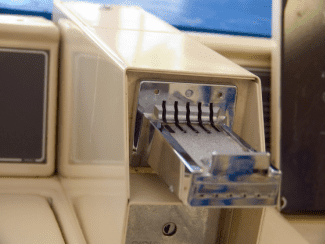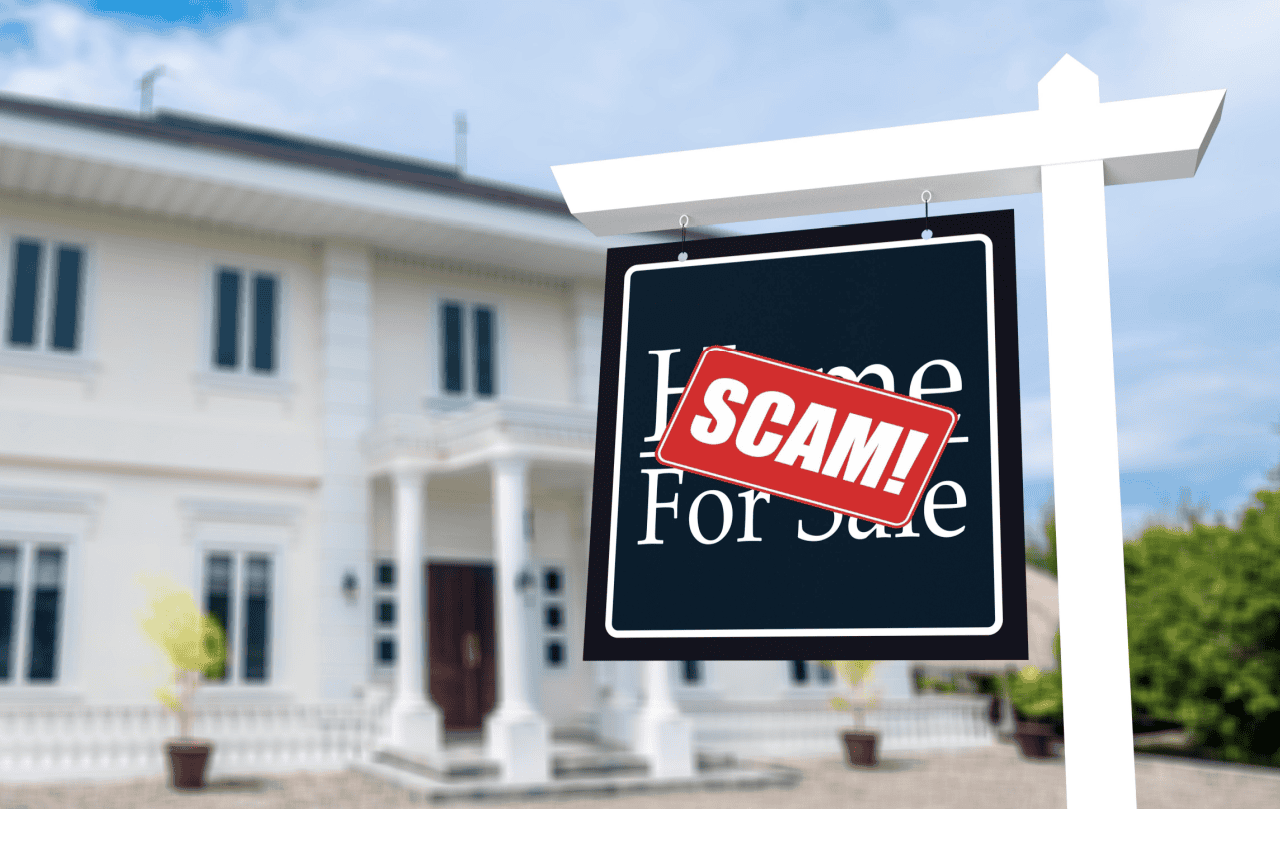Best Ways to Increase Rent: New Sources of Rental Income
A great way to boost rental income from your properties is to create additional revenue sources on top of the normal monthly rent. Some landlords are already providing facilities for free that they could start charging for. Others are creating new or additional spaces, such as a parking space rental or an accessory dwelling unit (ADU) rental, that would require some investment but would pay off in the long run. Let’s take a look at some of the new ways you can make an extra income with your rentals.
Charge for Laundry
There are two ways landlords can charge extra for providing laundry facilities to their tenants: coin-operated laundry machines and in-unit laundry.
1. Coin-Operated Laundry

However, there’s one issue with coin-operated laundry, especially for those still using quarters. Coins often get jammed, resulting in machines not starting. The owner regularly has to unload coins and roll them before taking them to the bank. To make life easier, you may hire coin-operated laundry services for apartments that can help you with installation and servicing. While they may take upwards of 50% of the laundry revenue, they provide and maintain the machines so you don’t have to.
Another option is to install laundry machines that use card readers instead of coins. Tenants can pre-pay onto a card through an app on their phone. If priced appropriately, the revenue will offset any service and utility costs, helping boost your rental income.
2. In-Unit Laundry
Another way to boost your rental income is to install a washer and dryer into each individual unit. This will increase your upfront costs as you will have to purchase and maintain machines in every unit. Plus, it may also involve retrofitting apartments to find a suitable place, even for a compact washer and dryer. Landlords may also have to bear extra water and electricity/gas utilities unless you use submeters for each unit.
Despite all these potential challenges, it’s a great opportunity to charge higher rent. On average, renters are willing to pay as much as 20% more rent than before if you install an in-unit washer/dryer. For an apartment that rents for $1,200 per month, that means an extra $240 every month and $2,880 annually.
Both coin-operated and in-unit laundry are amenities that many tenants enjoy, and some even require, especially those with families. Including these will increase your tenant pool and can result in potentially better tenants and higher rental income.
Parking Space and Storage Rental
Your property may already have parking and storage on site. Many landlords may just include the use of these in the base rent price they charge their tenants. However, these are becoming increasingly valuable amenities that property owners can offer at a monthly fee.
In fact, some places like Seattle require any fees charged for parking to be included in a separate parking agreement. Landlords, however, can’t bundle it into the base rental amount. As a result, it is not uncommon to offer parking as a separate amenity from the apartment. Tenants may choose to look for public parking elsewhere, and some even may forgo owning a car at all. Others, however, might value that unused parking spot and be willing to pay market rates for the use of that space for their extra car, motorcycle, camper, or trailer.
You may even be able to rent your parking space to a non-resident. The market rate for parking will vary depending on your location, but it can be quite high in cities such as San Francisco, where this apartment building’s parking spot was selling for $100,000.
Landlord Gurus Tip
When renting out a parking spot, make sure they sign a parking space rental agreement that specifies the length and terms of the agreement.
The same can go for storage. As residents accumulate more things, they might value extra storage space. If you have extra unused space, such as in a laundry room or utility room, consider installing storage units or lockers where tenants can store extra items or boxes safely and securely. When off-site self-storage units can cost anywhere from $70-200/month, offering your tenants an affordable on-site alternative might be a no-brainer. Don’t forget to create a storage lease agreement to protect both parties’ interests, and make sure to protect your tenant’s belongings by securing the storage room with electronic locks or apartment security systems.
Paying Too Much For Insurance?
Get a FREE quote to insure your rental properties for less.
Accessible Dwelling Units
Another option to increase your rental income is to add an accessory dwelling unit (ADU) to your existing property. An ADU rental will have a private entrance along with in-unit facilities like a kitchen, bathroom, and living space. It can serve multiple purposes, such as a long-term rental, personal workspace, or even for temporary or short-term accommodation like an Airbnb. A one- or two-bedroom ADU on your property in a highly sought-after area can help fetch anywhere from $1,500-$3,500 per month.
ADUs can be attached to your property, such as a basement apartment or in-law unit. Alternatively, you can have a detached ADU (called DADU) in a separate structure on your property, such as an apartment over a detached garage or a backyard cottage. DADUs are a popular option if you are renting out a single-family house and have extra space on your lot for additional structures.
The upfront costs can be much higher, and it might take longer to pay off. But adding an ADU or DADU can also increase your property value, so consider this a long-term investment. You can also furnish your ADU/DADU unit and rent it out to corporate housing or travelling nurses and increase your rental income even more. But make sure to check the zoning laws in your city.
Creating New Sources of Rental Income: Landlord Gurus Takeaway
Examine the existing features and uses of your property to identify ways to create additional revenue sources from your property. You might be surprised at what you find.
- If you are currently not charging for laundry, consider upgrading your laundry equipment to coin-operated machines.
- If parking is included in your property, you may be able to charge market rates for your parking space rental. But make sure that you don’t violate landlord-tenant laws.
- If you have unused storage space, you might be able to create individual, secure spaces or lockers to rent out to your tenants.
- Finally, consider increasing your rentable square footage by adding an ADU rental, either in existing space in your building or by building new units on your property.
Landlord Gurus Tip
Always collect rent online. Many property management tools and rent payment systems will allow you to add on separate fees for things like parking and storage.
Source: Landlord Gurus















 Accessibility
Accessibility